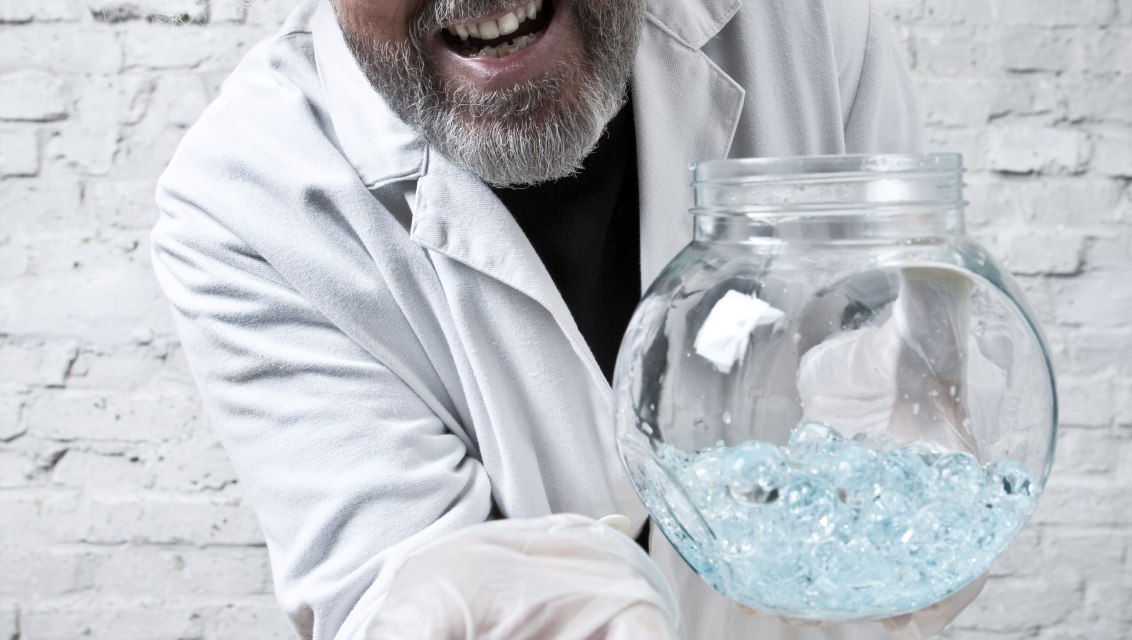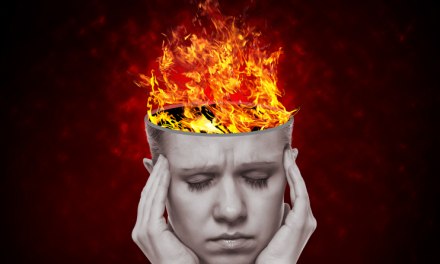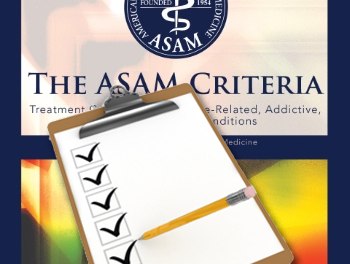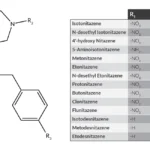Last May, we discussed an application for FDA approval for MDMA-assisted therapy for people with PTSD.
MDMA is a methoxylated amphetamine with perception-altering effects that has for many decades been a popular drug of abuse. The drug would be used in a therapeutic setting to enhance the effectiveness of psychotherapy.
Questions arose around that application, and for the moment at least, approval seems to have stalled. The Vox website explains the situation:
The biggest unknown in psychedelic therapy is not the psychedelics
Why critics call the company pushing to legalize MDMA a “therapy cult.”
Some of the objections are methodological. For instance, almost all the subjects in the research said they could tell when given the medication whether they had received MDMA or the placebo, simply from its initial effects. That’s not good. Other objections had to do with areas the research neglected: Possible consequences of MDMA use, for instance, such as liver and heart problems.
Not to mention the drug’s well-established potential for abuse. Current estimates put the population of ‘recreational’ MDMA users at somewhere north of 2 million Americans.
We should note that the FDA application isn’t for the drug alone, it’s for the therapy that accompanies it — therapy whose outcomes MDMA is supposed to enhance. For some reason I don’t fully understand, the researchers are committed to techniques that are not clearly based in evidence. An example is a practice the article refers to as Holotropic Breathwork.
Why didn’t the researchers test MDMA’s efficacy in combination with, say, Cognitive Behavioral Therapy, which is strongly supported by research evidence? And already familiar to most practitioners, a real advantage in terms of adoption.
To me, this reflects a problem with the term psychotherapy in general. It has never been closely defined. For many years, anyone who wanted to could hang a shingle by the office door and call themselves a psychotherapist. Things are better now, but we still haven’t made much progress in terms of agreeing on what qualifies as “legitimate” psychotherapy. Or for that matter, what doesn’t.
Maybe that should be our focus, instead of the drugs.













